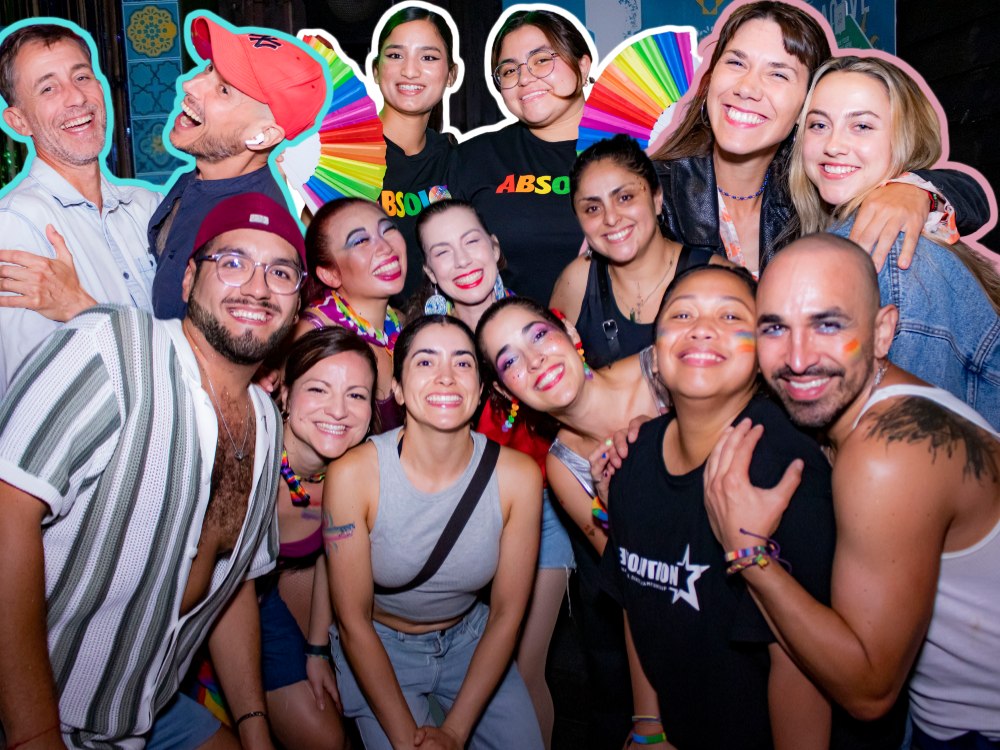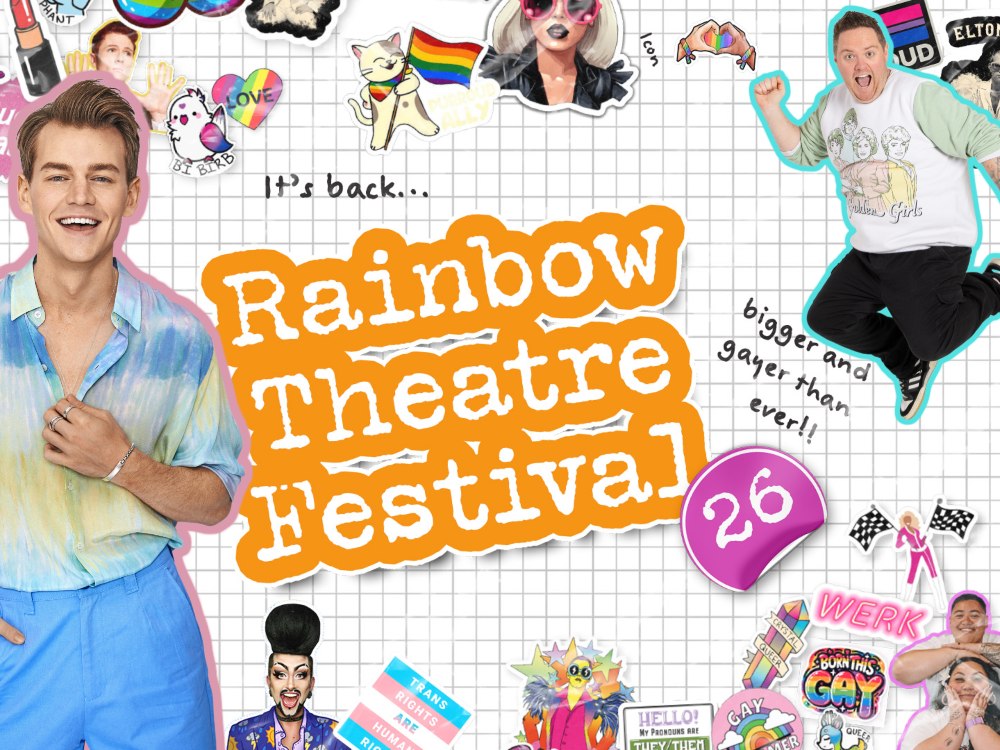We hear the word ally bandied about more frequently these days, but what is an ally? And what does it mean to be a friend to a whole community? Steven Oates goes in search of New Zealand’s queer communities’ greatest allies.
Online, there is much discourse regarding the history of allyship and debate about its origins. There is anecdotal evidence of support around the Stonewall riots. One intersectional partnership, which I particularly like the sound of, was the connection of the Black Panther movement and the emerging ‘Gay Liberation’. In the early 1970’s, senior Black Panther members recognised the similarity in the oppression and aspirations of both groups and urged its members to look sympathetically upon the LGBTQ+ movement.
Knowing that queers have been a part of society since homo sapiens were painting the walls of caves (we all know the queer cave people created the prettiest paintings), I have no doubt we have always had friends to lend a helping hand when push came to shove.
One could write a novel on such a history, but I am going to turn my focus on a few local women who have gone above and beyond the call of duty.
Few have made their mark in such a visible way as the formidable Fran Wilde, who led the charge in decriminalising homosexuality in the mid-1980’s. Fran took on the establishment and bravely stepped into the firing line at a time when very few were willing to face the inevitable vitriol that followed. Thankfully, she was made of tough stuff, and with her at the helm, the vote passed with 49 votes to 44. “Most MPs don’t get to change New Zealand society as their legacy. However, we need to recognise and remember that it was a huge fight and the start of society’s change in perception of the LGBTIQ community, leading to further gains such as marriage equality,” Fran told YOUR ex in July 2021 to mark the 35th anniversary of the passing of the bill.
A driving factor in the need for law reform was the growing AIDS epidemic. It was thought that through law reform, gay men would be more inclined to come out and would be easier to target with safe-sex information and receive HIV medication as it became available.
As AIDs decimated our communities, many of its victims were ostracised from their whanau and support networks. Misinformation was rife, and as if being queer wasn’t hard enough, the disease added an extra layer of stigma and fear many families just couldn’t cope with.

Luckily, Karen Ritchy, affectionately known as the ‘Mother of K Road’, saw the need to support those in the final stages of AIDS and their end-of-life formalities when families were absent. Karen established the Cartier Bereavement Trust with the specific aim of giving the financial help needed for those who passed away to be buried with dignity. “I was very privileged to be able to sit with some of them at the end of their life. I am a strong believer that one should not have to die alone… I love the community, they are family to me,” Karen tells us.
In order for the Cartier Bereavement Trust to be able to fulfil its goals, regular fundraising initiatives and events were undertaken. Wigs on the Waterfront, Wigarama, Drag Bingo and Christmas Calendars all helped to fill the Trust’s coffers.
Karen was also instrumental in establishing the K Road Community Safety Group in response to escalating violence on the street.
“It didn’t take me long to see the straight community could be very judgmental of the rainbow community on K Rd, which did not sit well with me. We are all somebody’s sister, brother, parent etc, so I became very protective and vocal!”
As an adult advisor to the Rainbow Youth Board for nine years and leading the parent support group, Linda Farr also knows a thing or two about being a valued ally. Her first foray into working with the community was as a volunteer at the Burnette Centre in the early days of the AIDS/HIV epidemic. Organising the ‘Walk for Life’, a fundraiser for the centre and Hero Parade Glam Stand’s, Linda quickly found herself in the thick of the community.
“It was the early 80s, and as a practising nurse, I became aware of the stigma involved around HIV/AIDS and the rainbow community and was therefore compelled to do what I could as a straight married woman. I was horrified by what was happening at the time,” she says.

After several years at the coalface of HIV/AIDS, Linda saw a need to work with youth. “I moved over to Rainbow Youth because someone approached me,” she explains. “My husband and I have been very supportive of all our children, but I know how difficult it can be for some of these young people coming to terms with their same-sex attraction or gender identity.” Along with being an advisor to the board, Linda quickly became the principal fundraiser, producing sold-out fundraising events from variety concerts to garage sales.
Unfortunately, even our best allies can get caught in the crossfire when they go the extra mile for us. “In the early days of my involvement with the NZAF, I became disconnected from several of my straight friends as they couldn’t accept or understand why I was doing what I was doing,” Linda tells us.
Thankfully, as a trade-off, her adopted rainbow family has more than made up for any losses along the way.
“It was the best decision I ever made when I rang up the NZAF and said I wanted to become a volunteer. My life just expanded with the people I have met and the friends I have made that I am ever so grateful for over the 30+ years I was involved.”
Jo Pilkington, MNZM, has been lending her business and event-producing talents to the rainbow community for 16 years now. “I would consider my relationship with the community as one of a professional ally who is in a position to help a range of projects grow.”
Jo, who owns the costume and prop hire business, First Scene, has been instrumental in the development of various community events and organisations such as the Auckland Pride Parade, The Lesbian Ball and, more recently, producing large-scale galas for the Rainbow New Zealand Charitable Trust. “There has been a high level of creativity in the projects that I’ve been asked to support, which has held huge appeal, as well as the range of worthy causes that benefit.”
There are undoubtedly more allies, countless friends and supporters woven into our queer whakapapa, some more visible than others. They have played their part in helping us through some very harrowing times, and for that, we owe them a debt of gratitude, as our journey to the strong, resilient community we are now may have looked very different without them.
Ngā mihi nui e hoa mā.


































